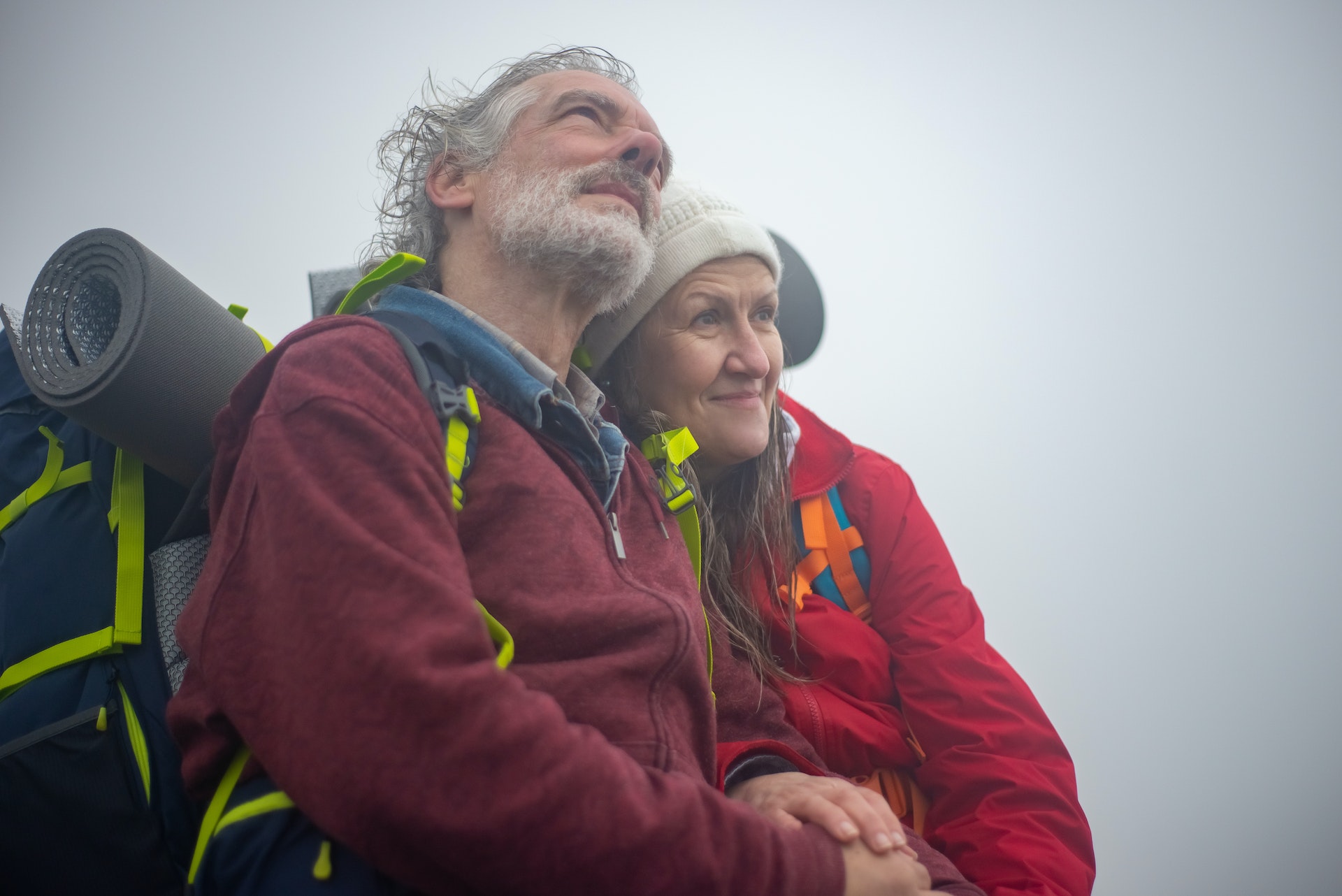
11 Tips to Look for Elderly-Friendly Travel Destinations
There is a dilemma that many travelers, especially those in their senior years, frequently confront in the search for travel experiences that inspire, revitalize, and offer moments of serenity: a quest for the ideal destination that caters to their particular requirements and desires. Finding places that are accessible, comfortable, and offer specialized experiences for older travelers can be like seeking for a hidden gem in a huge landscape.
This difficulty emphasizes how crucial it is to understand the special needs and expectations of senior travelers, who desire not only adventure but also the certainty of comfort and safety.. In this article, we look into the skill of identifying places that provide a harmonious fusion of culture, accessibility, and calm, making sure that the journey is as enriching and welcoming as the place itself. Get to know secrets that turn the search for senior-friendly vacation destinations into a thrilling adventure all on its own
Here are 11 tips to look for elderly-friendly travel destinations.
1 – Season, Climate, Weather
Pick a region where the weather is suitable for your preferences and health. Not everyone may be able to handle excessive humidity or extreme temperatures.
Whether it’s hot or cold, elderly people can be more susceptible to severe temperatures. The risk of heatstroke, hypothermia, or discomfort brought on by temperature extremes is decreased when traveling to a place with a moderate and comfortable climate. Traveling to high altitudes might be dangerous for your health, especially if you’re elderly or have certain medical issues. The altitude at a destination and any potential health effects should be known to travelers.
For comfort and safety, it’s crucial to pack clothes appropriate for the climate of the destination. Elderly travelers should think about packing clothes that offers protection from extreme weather, precipitation, or prolonged sun exposure.
2 – Transportation
Think about your travel plans. The ability to hire a private driver or travel to places with dependable public transportation can simplify traveling around. Public transit should be dependable and available in places that are friendly to the elderly. Senior-specific seating areas, low floors for easy boarding, and ramps should all be included in buses, trams, and trains. Moreover, it is crucial to have accessible and well-maintained transit hubs, such train stations and airports.
3 – Accessibility
For older travelers, look for locations with strong infrastructure. Finding areas with well-designed and easily accessible amenities that cater to the requirements and comfort of older people involves looking for places that have good infrastructure for elderly travelers. This includes accessible public transportation, well-maintained sidewalks, ramps, and elevators.
Smooth, even surfaces devoid of any obstructions that could cause tripping risks should be used for sidewalks and pathways. Elderly visitors who want to explore on foot will find it easier in areas that are well-maintained and have clear signs and crosswalks. Mobility aids should be accommodated by ramps and elevators in public structures, tourist destinations, and lodgings. This makes sure that senior citizens with restricted mobility can use these facilities without encountering any difficulties.
4 – Safety
Elderly tourists are particularly drawn to locations that stress safety, have well-lit streets, and a low crime rate. Place an emphasis on places with a good reputation for safety and minimal crime. You’ll feel more confident traveling if you do this.
5 – Healthcare
Make sure the location has top-notch hospitals and medical facilities, especially if you have certain medical requirements or worries. Access to high-quality healthcare is necessary. Hospitals and medical facilities in places that cater to elders should be easily accessible and set up to handle their specific medical requirements.
6 – Accommodation
Search for lodgings that have features like elevators, ground-floor rooms, and accessible bathrooms. A senior-friendly destination’s hotel accommodation should have features like comfortable seats in public spaces, grab bars in the restrooms, and accessible dining options with clear menus.
7 – Cultural and Historical Tourist Spots
The experience of senior tourists can be improved by being mindful of and showing respect for their cultural preferences and demands. Providing calmer areas for relaxing or modifying meal offerings to meet dietary restrictions are two examples of how to do this.
Look for locations that offer a range of attractions, from museums and historical buildings to tranquil parks and gardens, to suit varied tastes.
8 – Senior Discounts
Senior discounts for attractions, public transit, and even lodging are widely available. To reduce the expense of your trip, research these deals.
9 – Customized Guided Tours
Some tourist locations provide assistance like senior-focused guided tours or transportation services for people with mobility issues. The overall travel experience is made more awesome by these services.
Explore locations that provide guided tours. These can be educational, entertaining, and offer a structured approach to explore without the stress of finding your way around independently. Think about participating in tours created especially for senior citizens. These excursions frequently emphasize convenience, comfort, and a slower pace.
10 – Activities Allowed for All Mobility Levels
Choose vacation spots that include activities for people of different mobility levels, from leisurely strolls to more strenuous pastimes like bus or boat tours. Elderly-friendly locations frequently offer leisurely strolls through parks, cultural events, and museums with seats for relaxing, as well as other activities designed specifically for older people.
11 – Pre-Travel Health Consultation
Before making a final decision about your destination, speak with your personal medical professional. They can provide guidance depending on your needs and current state of health.
Particularly if the traveler has underlying medical issues or is taking prescription medicine, a preliminary health examination is necessary. The medical professional can assess the traveler’s general health and offer advice regarding their suitability for the trip. Certain vaccines or health precautions could be advised or required depending on the destination. The medical professional can examine the traveler’s vaccination history and offer advice on any immunizations or precautions that are required, such as malaria prophylaxis or traveler’s diarrhea prevention.
The healthcare professional can suggest ways to lessen the symptoms of jet lag and exhaustion, which can be particularly severe for elderly travelers when traveling across numerous time zones.
_____________
THERE YOU GO
By considering the factors mentioned above and conducting thorough research, you can find a destination that caters to the needs and preferences of elderly travelers, ensuring a comfortable and enjoyable journey.



